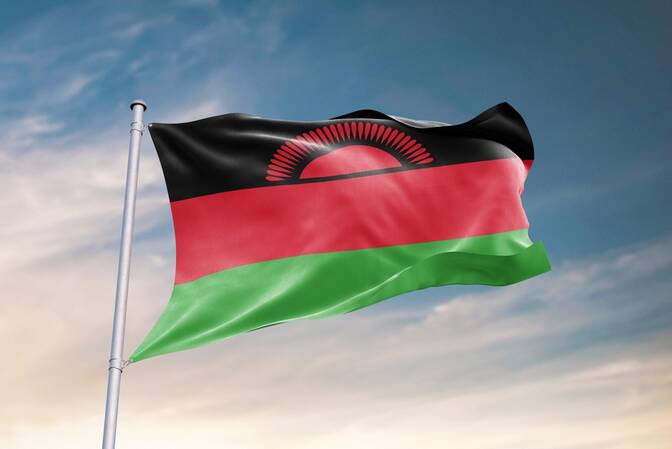Freedom Day
July 6, Sunday

Historical context
* Malawi was a British protectorate from the late 19th century
* The struggle for independence began in the 1950s, led by figures such as Dr. Hastings Kamuzu Banda
* On July 6, 1964, the country officially gained independence and was renamed Malawi
* Kamuzu Banda became the first president of independent Malawi and remained in power until 1994
How is the day celebrated?
* Parades and cultural events take place across the country
* Speeches by public officials and leaders
* Musical and dance performances showcasing Malawi's rich cultural heritage
* Educational programs aimed at raising awareness about the meaning of independence and national identity
Significance for the country
* Independence Day symbolizes the end of colonial rule and the beginning of self-determination
* The holiday strengthens national unity and pride in the country
* It is a day when Malawians can pay tribute to those who fought for independence and freedom
